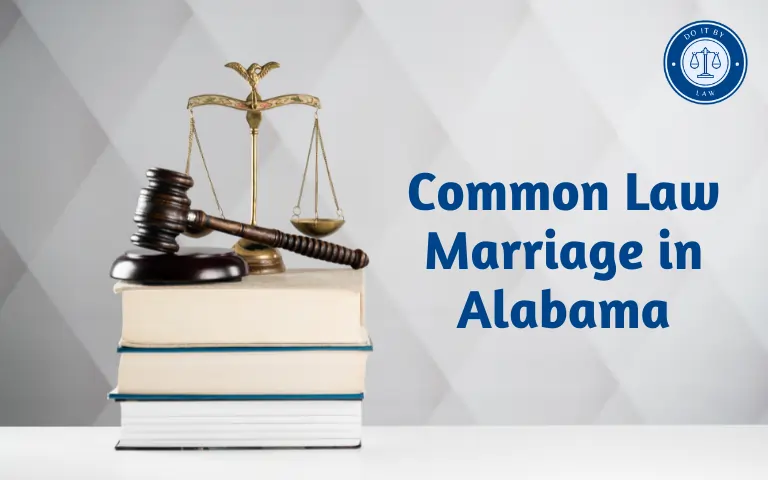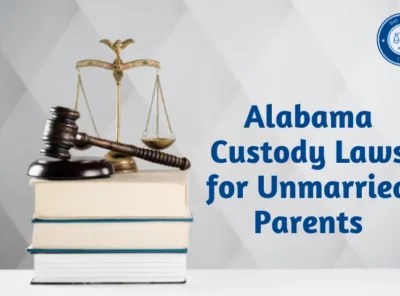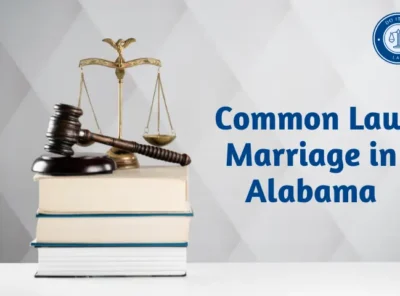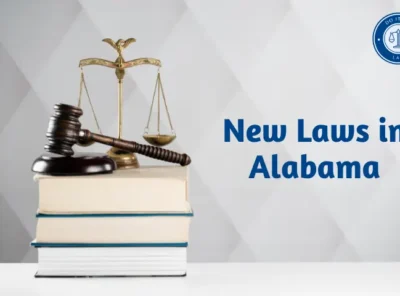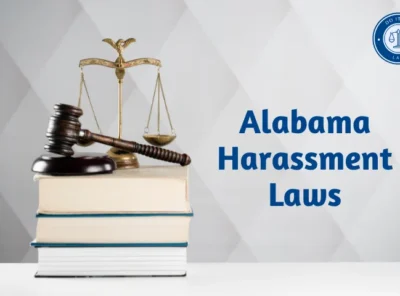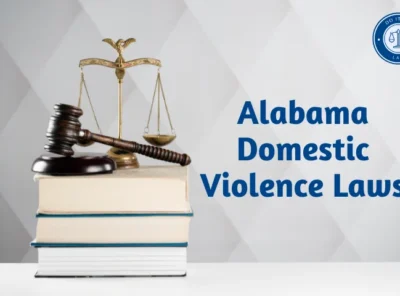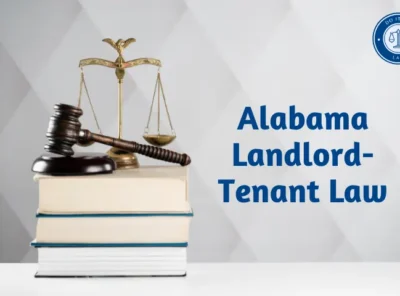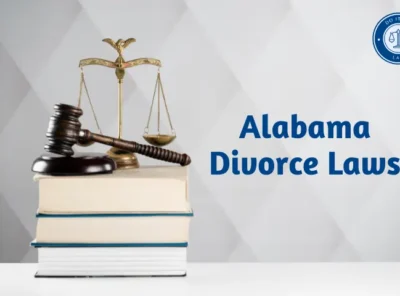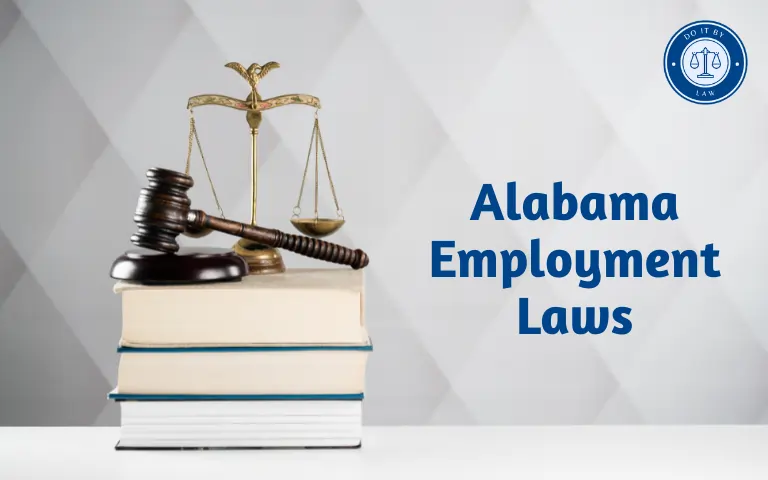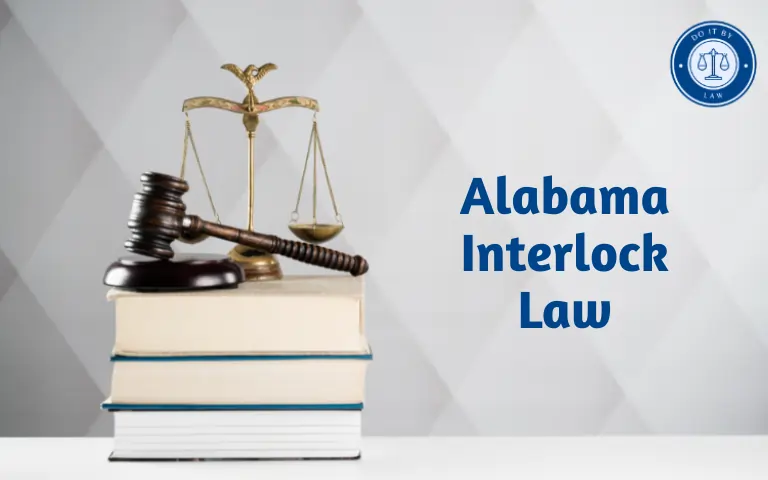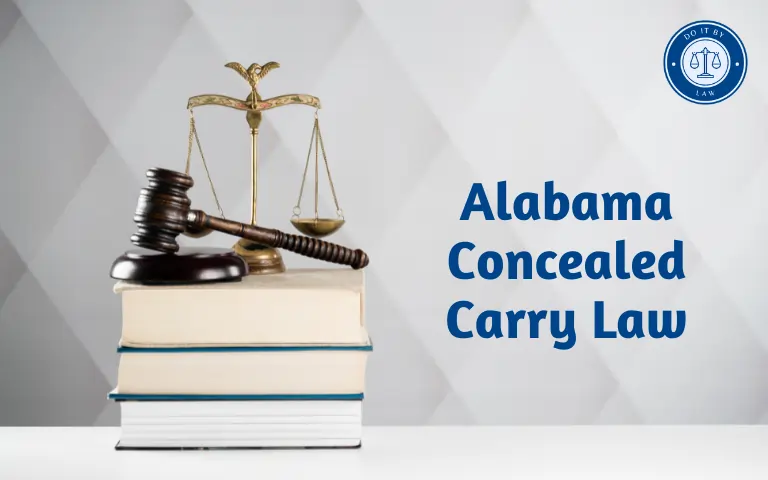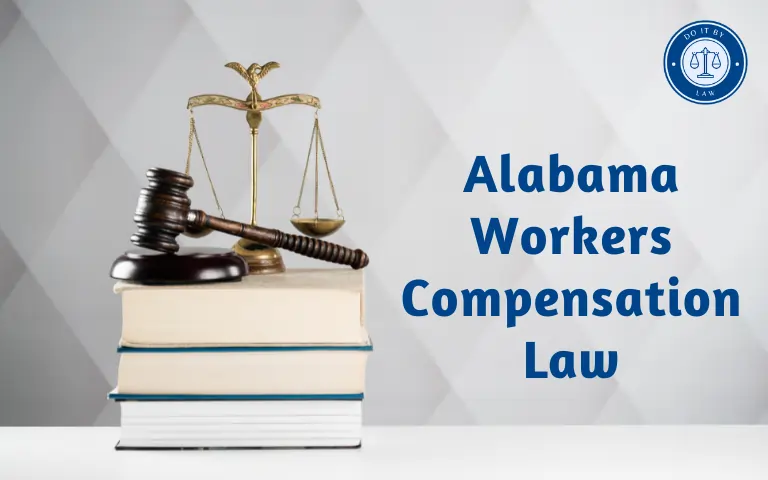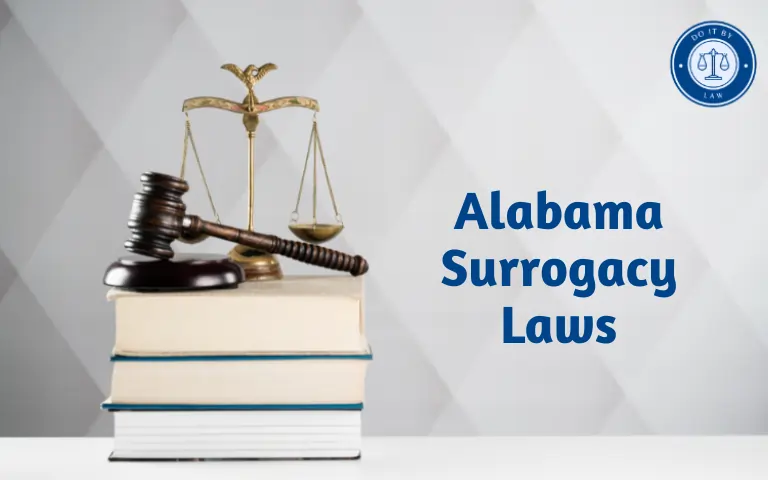Common Law Marriage in Alabama: Laws, Recognition, and Your Rights
Thinking you’re in a common law marriage in Alabama, but not sure if the state actually recognizes it? You’re not alone. Many couples face uncertainty when it comes to their legal relationship status, especially with the abolition of common law marriage laws in Alabama.
If you’re wondering “does Alabama recognize common law marriage?”, or need to know how to prove a common law marriage in Alabama, this article breaks it down for you—clearly and legally. Whether you’re seeking clarity for financial planning, custody rights, or inheritance, we’ll show you exactly what counts as a valid relationship under Alabama law.
👉 Know your rights, avoid legal issues, and secure your future.
Table of Contents
What Is Common Law Marriage?
Common law marriage is a legally recognized relationship between two people who live together and present themselves as a married couple—without having a formal wedding or marriage license. Not all states recognize common law marriage, and those that do have strict conditions for legal recognition.
The core requirements typically include:
- Living together for a significant period
- Intention to be married
- Presenting yourselves publicly as a married couple
- Legal capacity to marry
⚖️ Important: Just cohabiting or dating for a long time doesn’t automatically create a common law marriage.
🎓 Key Differences vs. Ceremonial Marriage
| Aspect | Common Law Marriage | Ceremonial Marriage |
|---|---|---|
| Legal License | ❌ Not required | ✅ Required |
| Ceremony | ❌ No formal ceremony needed | ✅ Official ceremony required |
| Public Declaration | ✅ Yes, but informal | ✅ Formal and documented |
| Recognition Varies by State | ✅ Yes, only in specific states | ✅ Recognized in all U.S. states |
🧠 Common myth: “Living together = married.” This is false unless very specific legal conditions are met.
🗺️ What Is Common Law Marriage in Alabama?
Until January 1, 2017, Alabama recognized common law marriage if couples met certain conditions:
- Both individuals were over 18 and had the legal capacity to marry
- They agreed to be married
- They lived together as spouses
- They publicly presented themselves as married
However, as of January 1, 2017, Alabama abolished the recognition of new common law marriages. This means:
- ✅ Relationships formed before 2017 may still be recognized if proven
- ❌ New common law marriages after 2017 are not legally valid in Alabama
📌 If you’re in a long-term relationship and unsure of your legal status, it’s essential to consult a family law attorney or use a common law marriage affidavit for clarity.
Does Alabama Recognize Common Law Marriage?
📅 The Official Abolition Date: January 1, 2017
Alabama no longer recognizes new common law marriages formed after January 1, 2017. The state officially abolished common law marriage through legislative reform to ensure all marriages are documented and registered legally.
This change means couples can no longer establish a common law marriage by simply living together or identifying as spouses without a marriage license or ceremony.
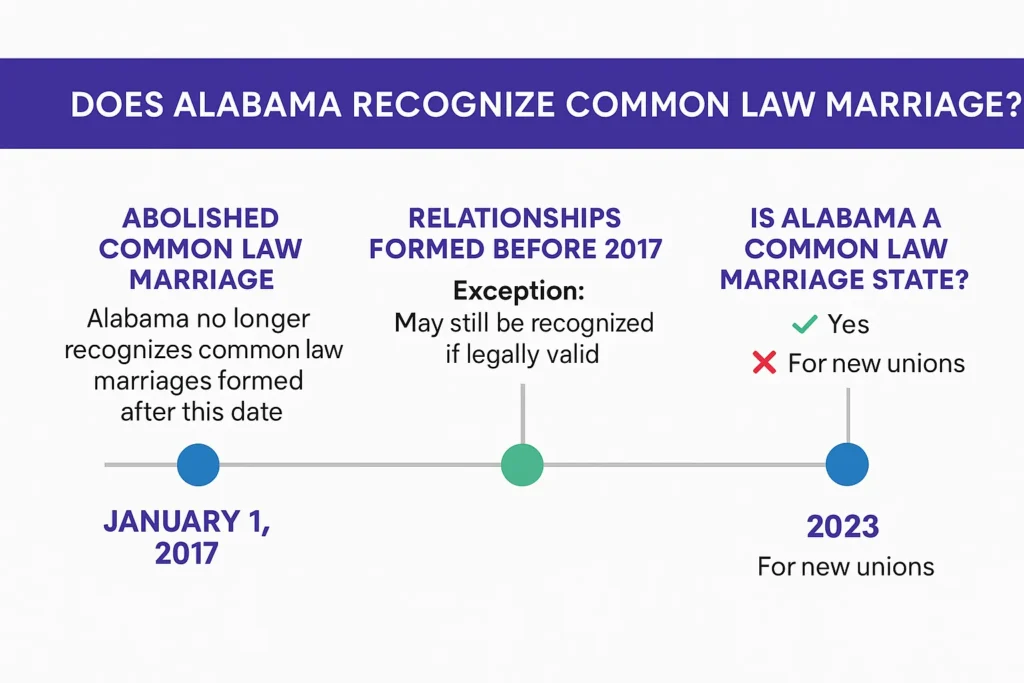
🕰️ Exceptions for Relationships Formed Before 2017
If you entered into a common law marriage in Alabama before January 1, 2017, your relationship may still be legally recognized—but only if you can prove it met the legal criteria at the time:
- Mutual agreement to be married
- Cohabitation
- Public acknowledgment as a married couple
- Legal capacity (age and not already married)
📝 If you believe your relationship qualifies, you may need to present evidence—like joint tax filings, property ownership, or a common law marriage affidavit.
❓ Is Alabama a Common Law Marriage State?
Not anymore. Alabama was once among the few states that permitted common law marriages, but that changed with the 2017 law.
✅ It is only a common law marriage state for relationships formed before the cutoff date.
❌ Any new cohabiting couples after 2017 must obtain a formal marriage license to be considered legally married.
📢 Important Updates for 2023 and Beyond
Even though Alabama no longer allows new common law marriages, there are some key points for 2023 onward:
- Pre-2017 common law marriages remain legally valid—if provable
- Courts still handle divorces and asset disputes involving older common law unions
- Cohabiting couples today can protect themselves with cohabitation agreements and legal documentation
- Some legal professionals offer affidavit templates and consultations to help clarify your relationship’s legal status
✅ Take the Next Step
Still unsure whether your relationship qualifies as a common law marriage in Alabama?
🔗 Download our free affidavit template or schedule a legal writing consult to protect your rights and avoid legal confusion.
Common Law Marriage Requirements in Alabama
✅ Alabama Common Law Marriage Requirements Prior to 2017
Before January 1, 2017, Alabama law allowed couples to enter into a valid common law marriage if they met specific legal requirements—no marriage license or ceremony needed.
To be recognized, couples had to prove the following:
| Requirement | Description |
|---|---|
| Mutual Consent | Both parties must have intended and agreed to be married |
| Cohabitation | The couple must have lived together as spouses |
| Public Reputation | They must have held themselves out to the public as a married couple |
| Legal Capacity | Both must have been over 18, unmarried to others, and mentally competent |
These elements were assessed by courts through evidence and context, especially during inheritance or divorce disputes.
📝 Documentation & Affidavit Examples
While common law marriages didn’t require paperwork at the time, proof is crucial today if the relationship began before 2017 and is being evaluated for legal recognition. Here’s how couples can document it:
📄 Common Supporting Documents:
- Joint tax returns
- Property titles or deeds with both names
- Shared utility bills
- Life insurance or retirement beneficiary designations
- Family testimony or declarations
📋 Sample Common Law Marriage Affidavit Table
| Section | Example Entry |
|---|---|
| Names of Parties | John Smith & Lisa Walker |
| Address of Residence | 123 Elm Street, Montgomery, AL |
| Start of Cohabitation | January 2008 |
| Mutual Agreement Date | June 2010 (date they agreed to live as husband and wife) |
| Statement of Intent | “We agreed to live as husband and wife and told our friends and family.” |
| Signatures & Notary | Both parties must sign; notarization is strongly recommended |
📥 Download a free affidavit template to help document your pre-2017 Alabama common law marriage.
If you’re unsure whether your relationship qualifies or need to prepare legal documentation, consult a family law attorney or use official affidavit templates.
🔗 Need help? Schedule a legal writing consult or access our downloadable legal tools to clarify your relationship status.
How to Prove Common Law Marriage in Alabama
Although common law marriage in Alabama was abolished in 2017, relationships formed before that date may still be legally recognized—but only with sufficient proof.
If you need to prove your common law marriage in Alabama, whether for inheritance, divorce, or legal recognition, here’s how to do it step-by-step.
🔍 Required Evidence to Support Your Claim
Courts will look for multiple forms of credible evidence that demonstrate you lived as spouses and agreed to be married. Strong documentation helps validate your relationship.
| Evidence Type | Examples |
|---|---|
| Financial Records | Joint bank accounts, credit cards, tax returns |
| Property Ownership | Joint mortgages, leases, or deeds |
| Insurance Documents | Life or health insurance with partner as a beneficiary |
| Legal Documents | Durable power of attorney, wills naming each other |
| Correspondence | Holiday cards, invitations, or letters referring to you as “husband/wife” |
| Photographs | Images of shared life, family events, or public celebrations |
🗣️ Legal Affidavits & Witness Statements
One of the most compelling forms of proof is a notarized affidavit stating both parties’ intent to live as spouses. These are especially useful when third-party documents are limited.
✅ Key Affidavit Components:
- Names of both individuals
- Dates of cohabitation
- Statement of mutual agreement to be married
- Mention of how they presented themselves to the public
- Signature and notarization
🗣 Witness statements from friends, family, clergy, or coworkers can further support your claim—especially if they can confirm how you represented your relationship.
📥 Need a template? Download our Common Law Marriage Affidavit PDF for Alabama.
📌 Steps to Validate a Relationship for Legal Purposes
To legally validate a common law marriage in Alabama that began before January 1, 2017, follow these steps:
- Gather Documentation – Compile any of the evidence listed above
- Draft an Affidavit – State your relationship details clearly
- Get Witness Support – Collect statements from reliable sources
- Notarize the Documents – Adds legal weight and authenticity
- Submit to Legal Authority – For probate, divorce, or benefits purposes, file your proof with a court or agency
- Consult a Lawyer – Ensure your documents meet state standards
⚠️ Don’t Wait Until It’s Too Late
Courts require substantial evidence—verbal agreements alone may not be enough. If your rights depend on proving your relationship, prepare your documentation now.
🔗 Get expert help here or download our affidavit and checklist bundle to make the process easier.
Common Legal Misconceptions About Common Law Marriage in Alabama
Despite the legal clarity in Alabama since 2017, many people still hold misconceptions about what qualifies as a valid marriage. These misunderstandings can cause serious issues—especially around inheritance, healthcare decisions, and separation.
Below is a breakdown of the most common myths vs. the legal truth:
| ❗ Myth / Misunderstanding | ✅ Legal Reality |
|---|---|
| Living together equals marriage | Simply cohabiting doesn’t establish a marriage, even if it’s for many years. |
| “We introduced each other as spouses, so we’re married” | Public reputation is only one part of proving a common law marriage. |
| Alabama still allows common law marriage | Abolished on Jan 1, 2017—only relationships before that date may qualify. |
| We’ll be considered married after 7 years | There’s no magic number of years—legal criteria must be met. |
| Cohabitation = legal marriage rights | Alabama cohabitation laws do not give you automatic marital rights. |
| We need a divorce if we break up | You may need a legal divorce if the court recognizes your relationship as a valid common law marriage. |
⚠️ Why This Matters
Misunderstanding your relationship status can affect:
- Property division
- Child custody
- Access to medical decisions
- Inheritance or survivor benefits
💡 Not sure where your relationship stands?
Schedule a free legal consult or download our legal status checklist to protect your rights.
Current Legal Alternatives to Protect Your Rights in Alabama
Since common law marriage in Alabama was officially abolished on January 1, 2017, unmarried couples can no longer rely on informal arrangements for legal protection. But that doesn’t mean you’re without options. If you’re cohabiting, here are legal strategies to safeguard your rights—without a formal marriage license.
| Legal Right / Benefit | Married Couples 🟢 | Unmarried Couples 🔴 |
|---|---|---|
| Property Division (upon separation) | Equitable distribution via divorce laws | No automatic rights; must prove ownership or have agreement |
| Inheritance Rights (no will) | Automatically inherits under intestate laws | Must be named in a will to inherit |
| Medical Decision Authority | Legal spouse is default decision-maker | Must be granted via healthcare proxy |
| Right to Alimony / Spousal Support | May be eligible through divorce court | Not eligible (unless relationship qualifies as pre-2017 common law marriage) |
| Tax Filing Status | Can file jointly and claim deductions | Must file individually |
| Next-of-Kin Status | Recognized by hospitals, courts, etc. | Not legally recognized without documents |
| Parental Rights | Presumed for both biological/legal parents | Must establish paternity or custody agreement |
| Social Security Benefits | May claim spousal/death benefits | Not eligible as a non-spouse |
| Right to Share Health Insurance | Usually covered under spouse’s policy | Usually not eligible unless employer allows domestic partner benefits |
| Legal Protection During Disputes | Divorce court handles disputes | Must rely on contract law or civil court |
📝 1. Cohabitation Agreements in Alabama
A cohabitation agreement is a private legal contract that outlines the responsibilities, rights, and expectations between two people living together. While Alabama cohabitation laws do not grant marital status, this agreement can provide structure and protection in the event of separation or dispute.
What Can Be Included:
- Division of property or shared assets
- Debt responsibility
- Living expenses
- Exit plans if the relationship ends
- Childcare expectations (if applicable)
📄 Download our customizable Cohabitation Agreement Template for Alabama to get started.
🏠 2. Estate Planning for Unmarried Couples
Without the protection of marriage, estate planning becomes critical for long-term security. In Alabama, your partner will not automatically inherit your property unless explicitly stated in legal documents.
Key Tools:
- Wills – Name your partner as a beneficiary
- Durable Power of Attorney – Allow your partner to manage finances if you’re incapacitated
- Healthcare Proxy – Grant your partner medical decision-making rights
- Joint Ownership Documents – For homes, cars, or investments
📥 Need help setting up your documents? Book an estate planning consult today.
👶 3. Child Custody, Spousal Support & Property Rights
Unmarried couples with children or shared assets should be proactive:
- Child Custody & Support: Legal custody agreements help clarify rights and responsibilities. In Alabama, courts prioritize the child’s best interest—not your marital status.
- Property Rights: Property purchased together doesn’t automatically split 50/50. Clarify ownership in your cohabitation agreement.
- Spousal Support: There’s no alimony in non-married relationships, unless the relationship qualified as a pre-2017 common law marriage.
⚖️ Unsure what you qualify for? Consult an Alabama family law attorney to review your options.
🛡️ Protect What Matters Most
Without marriage, your rights aren’t guaranteed—but the right legal tools can offer similar protections. Being proactive is the best way to avoid costly disputes down the road.
Take Action: Secure Your Legal Relationship in Alabama
Many couples underestimate the legal consequences of not formalizing their relationship. But in Alabama—where common law marriage laws have changed—this can mean the difference between being protected or left vulnerable in life’s most critical moments.
🛑 Why Legal Documentation Matters Now
Whether you’re in a long-term relationship, sharing assets, or raising children together, legal documentation ensures your rights are recognized. After Alabama’s abolition of common law marriage on January 1, 2017, it’s more important than ever to proactively safeguard your relationship.
📅 Don’t wait until there’s a crisis to find out what you’re legally entitled to.
💼 Schedule a Consultation with a Family Law Attorney
A qualified attorney can help you:
- Review your relationship status under Alabama common law marriage laws
- Draft cohabitation or property agreements
- Clarify custody or inheritance concerns
👉 Book your legal consultation today and take the first step in securing your future.
Need to prove a common law marriage in Alabama formed before 2017?
📘 Link to Resource: Alabama State Marriage Law Guide
Stay informed. Get clear on:
- Marriage requirements in Alabama
- The abolition date of common law marriage
- Alternative legal protections for unmarried couples
🔒 Don’t leave your relationship’s legal status to chance.
✅ Download our free affidavit template or book a legal consultation today to understand your rights under Alabama common law marriage laws.

